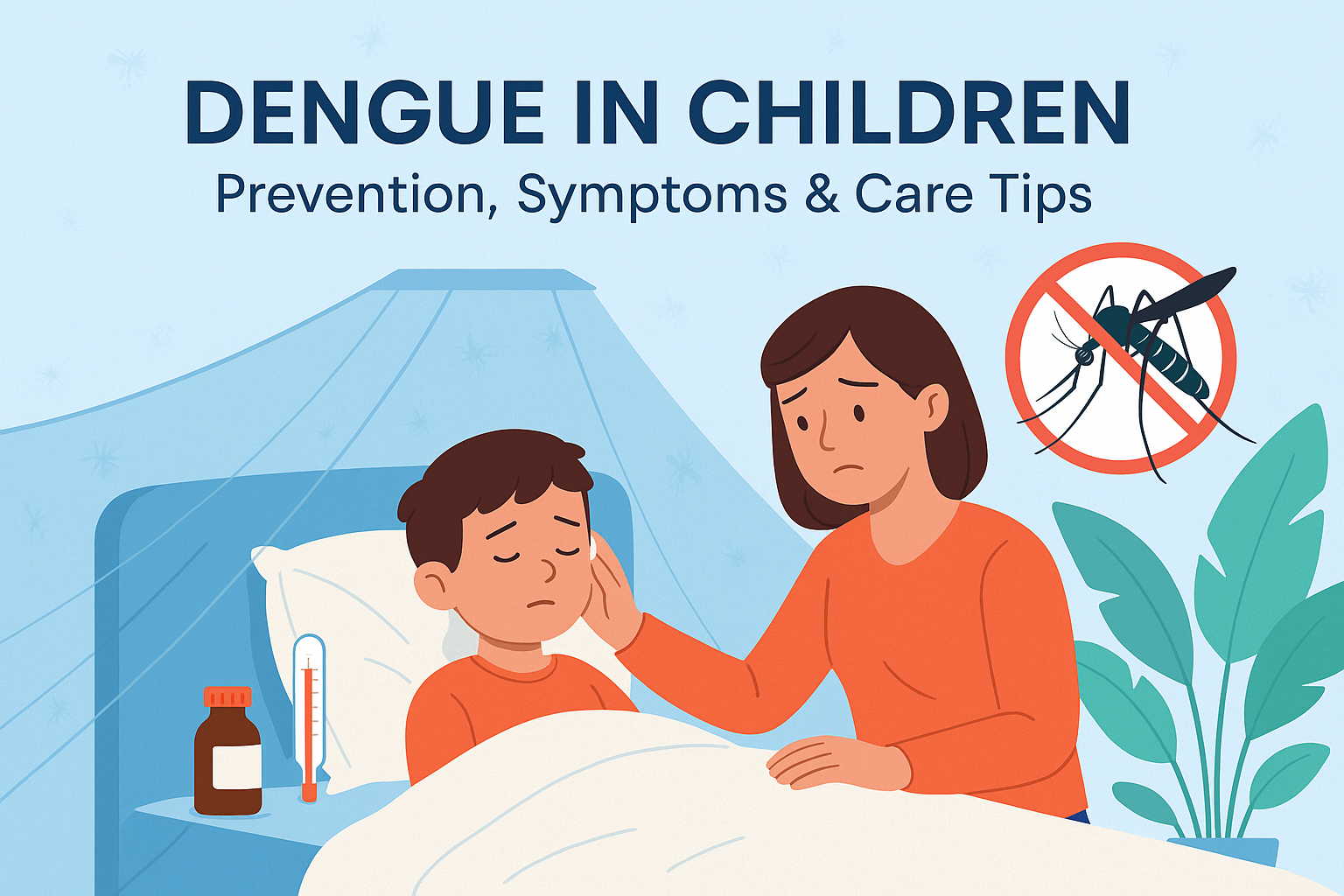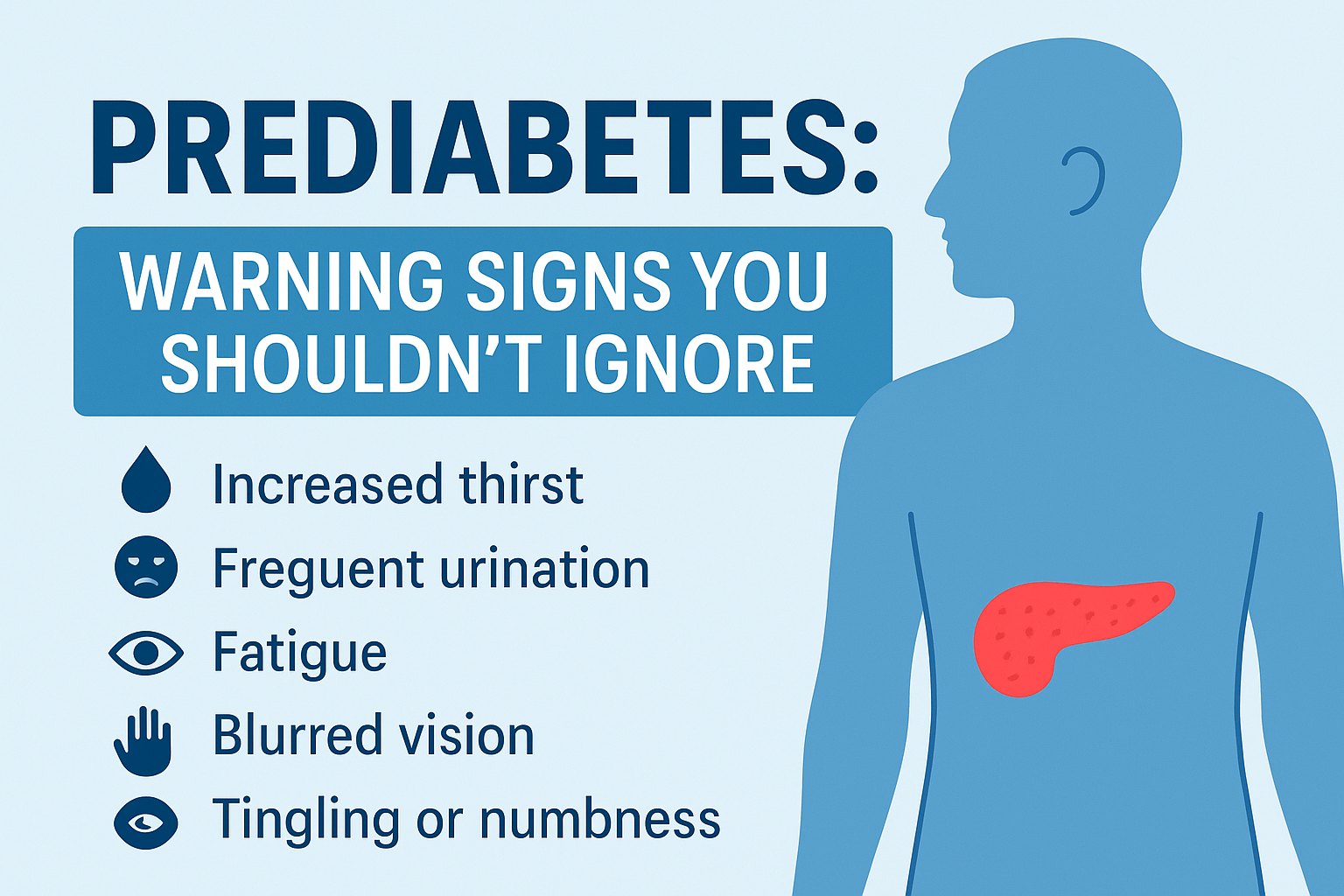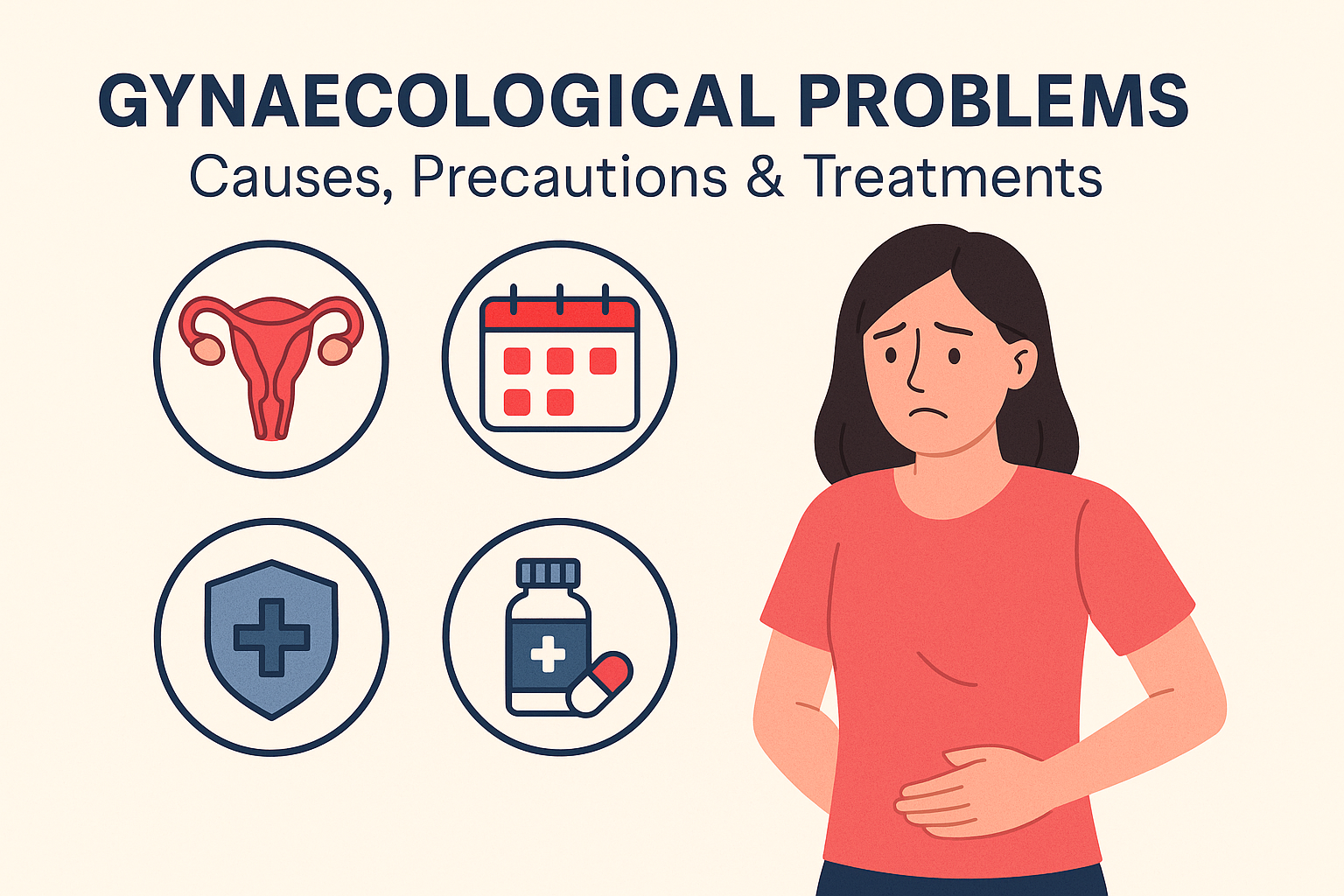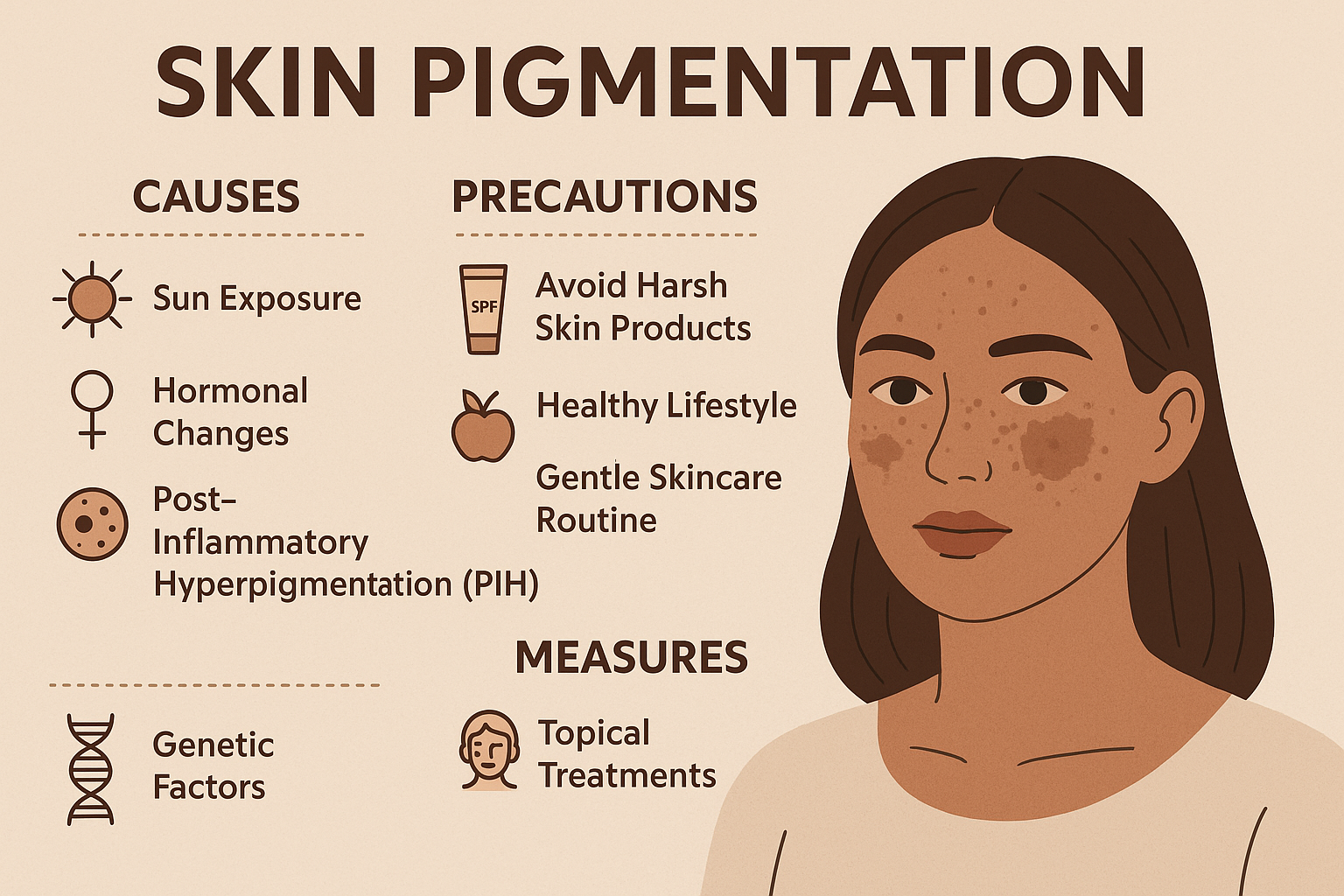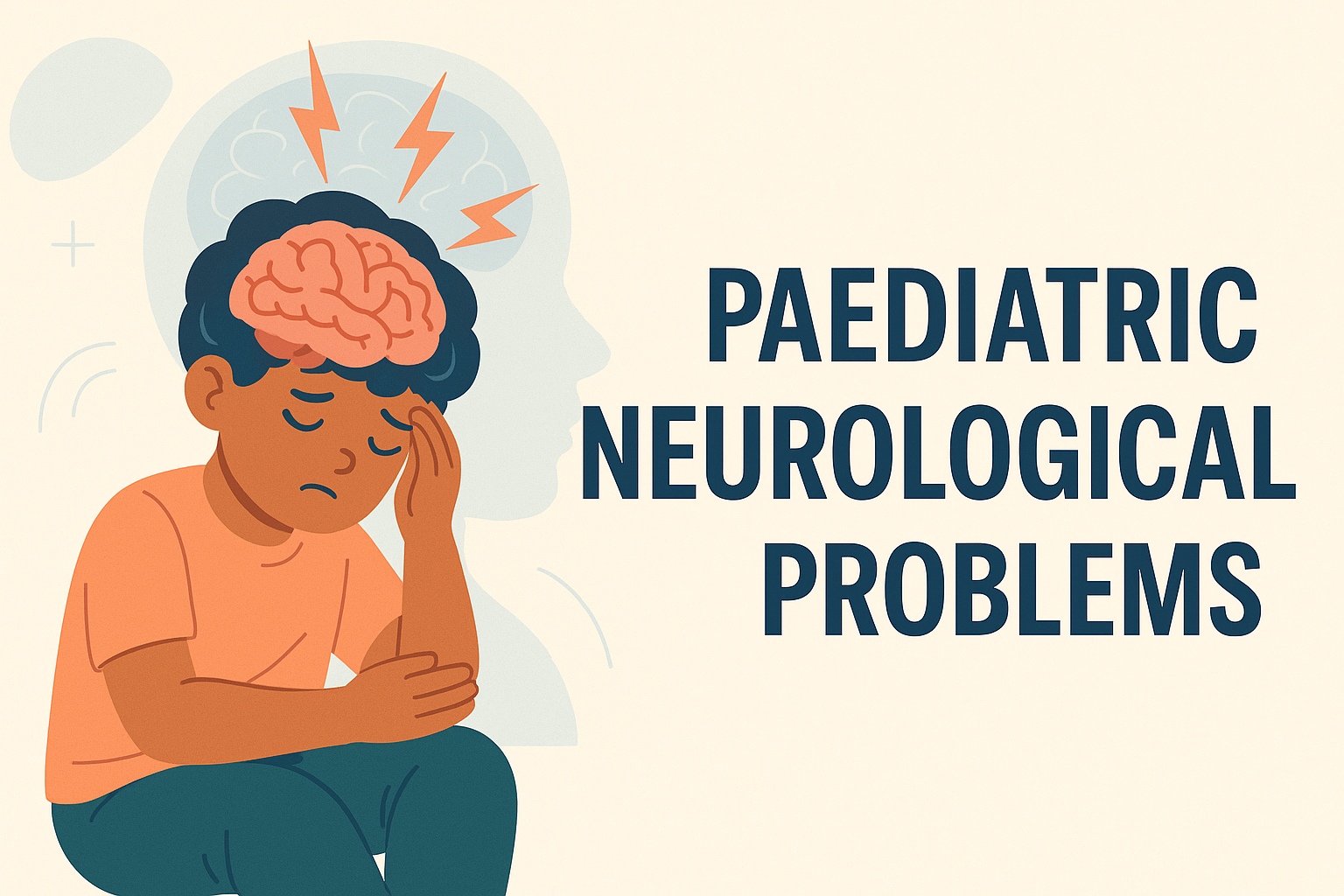Dengue fever is a mosquito-borne viral infection that poses a significant health risk to children, particularly in tropical and subtropical regions. Caused by the dengue virus, which is transmitted by the Aedes aegypti mosquito, dengue in paediatrics can range from mild flu-like symptoms to severe, life-threatening complications. Understanding how to prevent and manage dengue in children is crucial for every parent and caregiver.
Common Symptoms of Dengue in Children
Children infected with dengue often present with symptoms such as high fever, severe headache, pain behind the eyes, joint and muscle pain, skin rashes, and mild bleeding (such as nosebleeds or gum bleeding). In younger children, the symptoms may be less specific and can include irritability, drowsiness, vomiting, and refusal to eat.
In severe cases, known as dengue hemorrhagic fever or dengue shock syndrome, symptoms can include abdominal pain, persistent vomiting, bleeding, and difficulty breathing. These complications require immediate medical attention.
Prevention Strategies for Dengue in Children
Preventing dengue begins with mosquito control. Since the Aedes mosquito breeds in stagnant water and bites during the day, several proactive measures can reduce the risk of infection:
- Use mosquito repellents on exposed skin and clothing, especially during early morning and late afternoon.
- Dress children in full-sleeved clothing and pants to limit skin exposure.
- Install mosquito nets or mesh screens on windows and doors.
- Avoid water stagnation in and around the home—regularly empty and clean water containers, flower pots, and birdbaths.
- Use mosquito coils or vaporizers indoors, particularly in high-risk areas.
What to Do if Your Child is Infected
If you suspect your child has dengue, seek medical advice immediately. There is no specific antiviral treatment for dengue, but early diagnosis and supportive care can prevent complications.
- Ensure proper hydration with fluids such as water, oral rehydration solutions (ORS), and juices.
- Avoid aspirin and NSAIDs like ibuprofen, which can worsen bleeding. Use paracetamol for fever and pain relief under medical supervision.
- Monitor symptoms closely, especially for signs of severe dengue such as abdominal pain, vomiting, or drowsiness.
Conclusion
Dengue in paediatrics requires vigilant prevention and prompt care. By adopting mosquito control measures and knowing how to respond to symptoms early, parents can protect their children from the dangers of this viral infection. Always consult healthcare professionals for accurate diagnosis and treatment. Prevention remains the best strategy against dengue.
For more information subscribe to our Youtube Channel
For Consultation Book an Appointment

